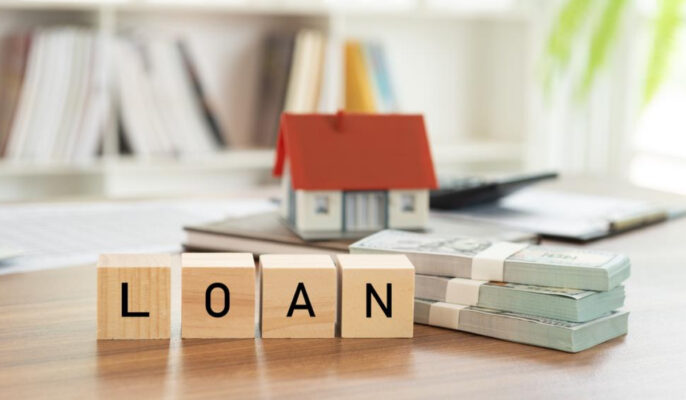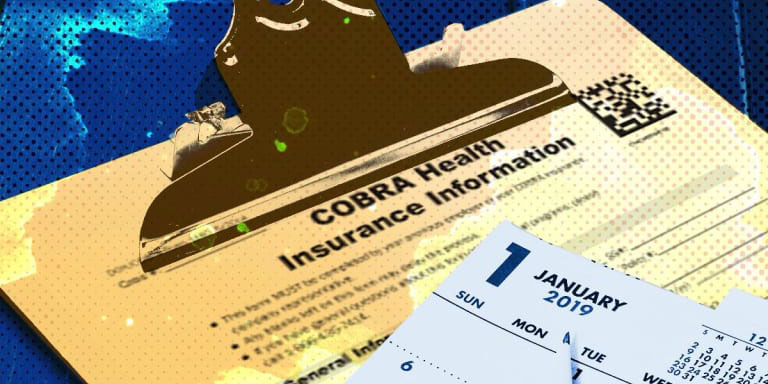You may alter your interest rate, the period of your loan, or both with a rate & term refinancing commonly referred to as a classic refinance. When you refinance, you take out a fresh mortgage that you use to pay off your old one. Cash-out refinancing, in contrast to a rate-and-term refinance, allows you to take out cash at closing. Loan enhancements include rate and term refinancing. When you refinance, you replace your existing mortgage with a new one that, ideally, improves your overall financial situation.
Meaning and Illustrations
After getting a mortgage to fund the purchase of a property, the next step is to start making monthly payments. Debt service on a mortgage refers to the yearly amount you have to pay back, while principal repayments lessen the amount you owe. Mortgage payments, like those for any other sort of loan, always include both principle and interest, but the exact amounts may vary. In certain cases, you could refinance your mortgage after you've already taken out your original loan. Simply said, refinancing entails making a new loan application and then being granted approval for it. Then, you'll get a brand-new mortgage loan that will serve to pay off the previous one. After that, you'll start making monthly payments on your fresh mortgage.
A rate-and-term refinance one of many possible forms of refinancing. Refinancing allows you to adjust the interest rate and/or loan length of your current loan. If rates have gone down, you may choose to refinance at a lower interest rate, or you might extend the term of your loan to bring down your monthly payments. For a rate & term refinancing, you won't get any cash at closing. Since no equity is taken out of the house, as is the case with a cash-out refinancing, this is the case.
Should You Refinance Using A Rate-And-Term?
The Benefits
- Discounted Interest Rate.
You may be able to lock in a reduced rate than you're presently paying by taking advantage of today's historically low refinance prices. An improved interest rate may result in tens of thousands of dollars in savings over the course of a mortgage.
- Lower Monthly Payments.
If the interest rate were to drop, the monthly payment would drop with it. If you refinance for a longer time, your payments will be much lower. (Though it would extend the time it takes to pay off the mortgage.)
- Faster House Loan Repayment.

You may refinance into a different term length. The sooner you pay off your mortgage by refinancing in a relatively short period, the sooner you may call your property your own. If you want to pay off your debt quickly, you'll need to be willing to pay extra each month.
- Put An End To PMI.
If you made less than a 20 percent down payment on your traditional mortgage, you have likely been required to pay for private mortgage insurance. Lenders are compelled by law to suspend PMI once equity reaches 22 percent. If the value of your property has increased since you purchased it, you may be able to drop PMI by refinancing and so reducing your monthly payment.
Negative Aspects
- Eligibility.
Requirements for this refinancing option include a high credit score, low debt-to-income ratio, and substantial equity in the property. Still, it's possible that there's a refinancing option for which you're eligible.
- Final expenses.
Similar to your original mortgage, you must pay closing fees when refinancing. In the United States, ClosingCorp reports that the typical closing expenses associated with a refinancing amount to $5,789.
- Appraisal.
You will have to pay for and wait for a new assessment if you want to refinance your mortgage with a different interest rate and/or term. If the assessment confirms your suspicions that your home's worth has increased, this may turn out to be positive. But if your property has dropped in value, your refinancing application might be refused, or you may find yourself paying a greater price.
Rate and Term Refinancing Prerequisites
Lower interest rates are required for rate-and-term refinancing. There are primarily two issues that suggest this could not be the scenario. The first is that the market interest rate can rise during the application procedure, thereby making the loan unaffordable. Borrowers often have little say in the determining elements of interest rates.
You can manage your consumer credit, however. The interest rates on your credit cards and mortgage will likely increase if you've missed payments in the past. In most cases, these private considerations are more significant than interest levels in the market. However, if your credit score has increased significantly, you may be eligible for refinancing at a more favourable interest rate.
Comparison of Rate and Term Refinancing to Alternative Options

Home equity may be converted into cash via refinancing. To get the most out of it, the property's worth should have risen as a whole due to higher real estate prices. When you've made a lot of payments on your mortgage and have a lot of equity, you may be able to refinance for cash. A cash-out will result in a higher mortgage principal.
Home re-evaluation for the purpose of this kind of refinancing may be necessary to determine the fair market value. In order to get your hands on the money your property is worth before you sell it, refinancing might be the best option for you. The opposite strategy, known as "cash-in refinancing," is adding funds to the mortgage settlement in order to decrease the outstanding principle. Weighing the costs and benefits of each alternative against continuing to pay your present mortgage is essential when deciding which path to choose.




